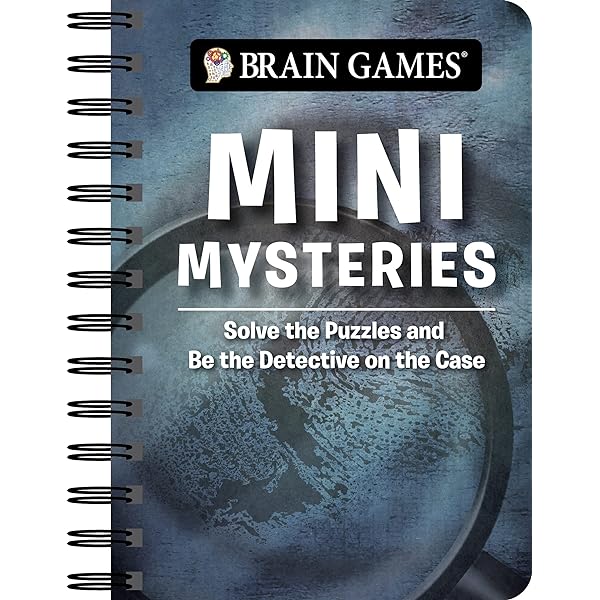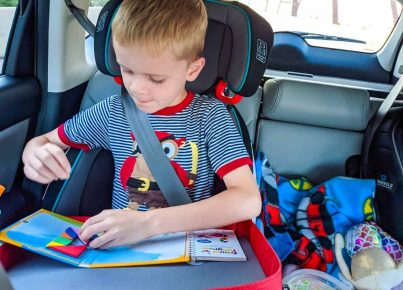Logic puzzles for kids have always been a great way to engage their minds and encourage critical thinking. However, the newest trend sweeping through the playgrounds is mini-mysteries – compact, easy-to-understand enigmas designed specifically for the younger detectives among us.
Mini-mysteries are a subset of logic puzzles that often involve a short story or scenario in which something curious has happened. Unlike traditional logic puzzles that may rely on mathematical or spatial skills, mini-mysteries often hinge on textual clues that must be pieced together to solve a case. They tap into children’s natural curiosity and their penchant for asking “why” by presenting them with a “whodunit” scenario that’s just waiting to be unraveled.
These brain teasers encourage children to read carefully, think sequentially, assess evidence, and draw conclusions – skills that are not only important in academics but in everyday problem-solving situations as well. Mini-mysteries are perfect for kids aged 7 and up, as they are designed to challenge without overwhelming.
With titles like “The Case of the Missing Cookie” or “The Mystery of the Vanishing Pet,” these mini-mysteries often revolve around familiar settings and scenarios, making it easier for kids to relate. The stories are short enough to keep their attention, yet complex enough to challenge their reasoning abilities. After reading the mystery, children will come across a series of questions or clues that prompt them to think critically about what they’ve read.
One of the great things about mini-mysteries is that they can be played solo, in pairs, or in groups, making them versatile tools for classrooms, playdates, or quiet-time challenges. Teachers find them useful for integrating literacy with logical reasoning and parents love them as engaging activities that don’t require screen time.
To add variety, many mini-mysteries now come with interactive elements such as clue cards, picture hints, and even augmented reality options to bring the mystery to life. They often come packed in themed sets so kids can enjoy a range of scenarios from pirate adventures to detective cases right at their fingertips.
In summary, mini-mysteries offer a fun and accessible way for kids to sharpen their cognitive skills while indulging in their love for a good mystery. These puzzles not only entertain but also foster lifelong skills such as deductive reasoning and attention to detail. As an educational tool or just for fun, these logic puzzles for kids are an excellent addition to any young learner’s collection of brain-boosting activities.





